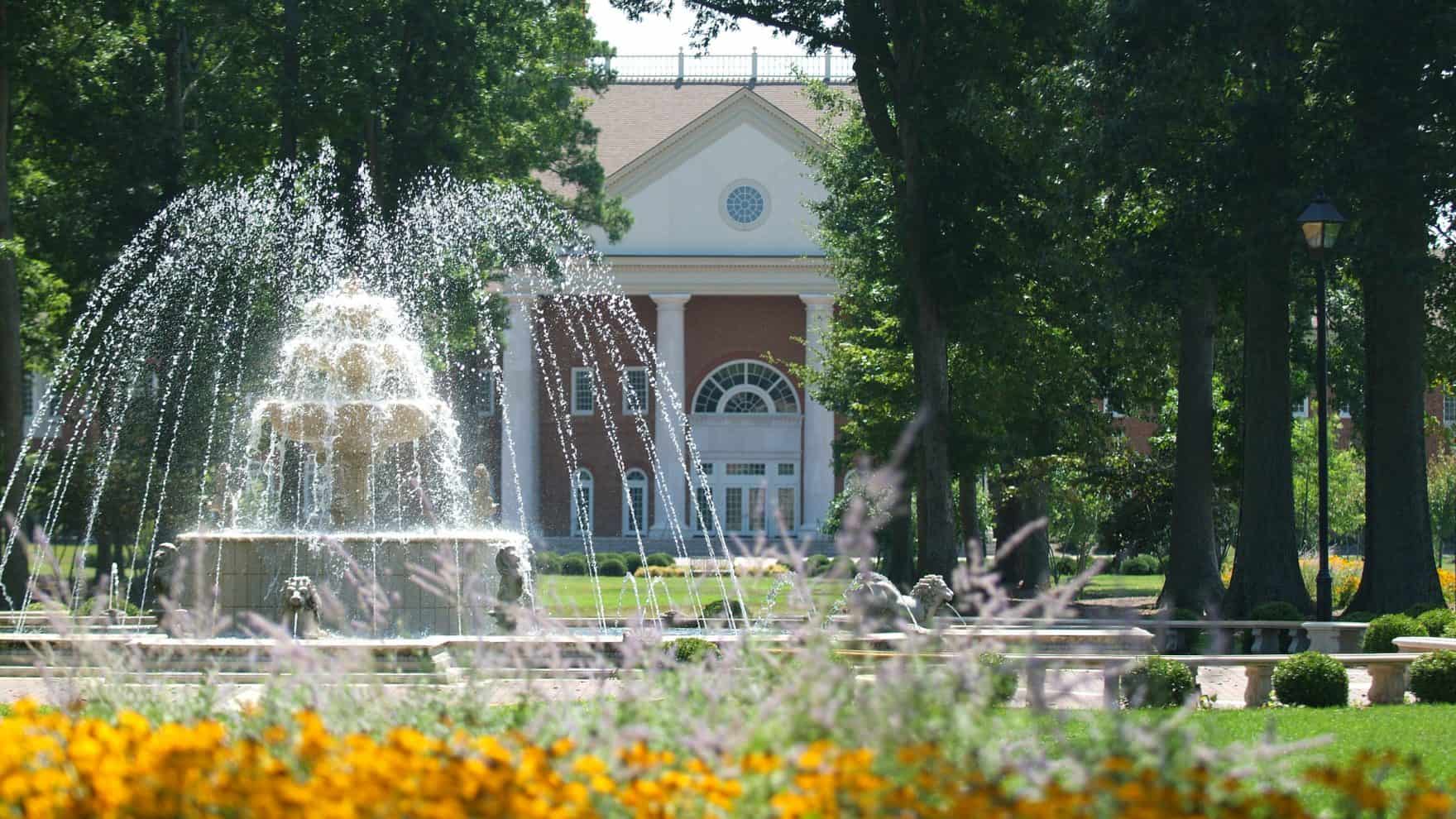
Robertson School of Government Hosts Campaign-in-a-Day Snapshot
Earlier this month, American Majority facilitated a three-hour Campaign-In-A-Day Snapshot sponsored by Regent University’s Robertson School of Government (RSG) where students learned about how campaigns are run and even had the opportunity to run their own.
The evening began with a presentation from American Majority’s National Executive Director, Matt Batzel, who explained the stages of a campaign: planning and research, such as analyzing voting patterns, introducing the candidate to the voters, persuasion, and GOTV (airing numerous television advertisements in the last months leading up to the election).
Attendants split into two groups, and given their candidate’s and opponent’s profiles in addition to the information about the district they were running in for state senate against each other.
Each campaign had to determine the needed voter turnout to win; choose which events their candidate or staff would attend; rank the best places to recruit volunteers; allot money for the campaign budget; create a slogan and a 30-second radio ad; rank which journalists to use for coverage of the candidate and explain why; and each candidate had to give a 1-2 minute speech before judges, and explain the meaning behind their slogan and their budget priorities.
At the end, the judges determined which candidate won based on their radio ad, performance, and answers to their questions: either Republican Clint Garrett, who was role played by Geoffrey Still ’20 College of Arts & Sciences (CAS), or Democrat Janelle Fields, who was enacted by Catherine Jessberger ’18 (RSG). The winner was Janelle Fields.
Still said it was good to get insight on how campaigning works since he wants to manage one, as well as getting to see things through a different lens as the candidate. He added that while he ran a cleaner campaign than his opponent, it was good to share the experience and see how it was to be attacked and how to deal with it.
Jessberger said she learned a lot from what was “like a crash course.” She said the time limit kept her on her toes. She also found it interesting the amount of money spent on certain aspects of campaigns, and the fact that direct mail isn’t as effective as other advertising tools.
RSG interim dean, Dr. Stephen Perry, said when people are sitting at home watching television, they don’t realize all the different pieces of campaign planning. He said that this event allowed students to have a fuller insight into all the details, the pros and cons, and do’s and don’ts of campaigning, and gain some experience with creating a fake campaign.
Perry also added students should take advantage of these co-curricular workshops, where they can meet the presenters and network with them, as well as getting experience that they can take back to the classroom and see how it fits with the theory they’re studying.
by Natalia Mittelstadt, Daily Runner Correspondent

